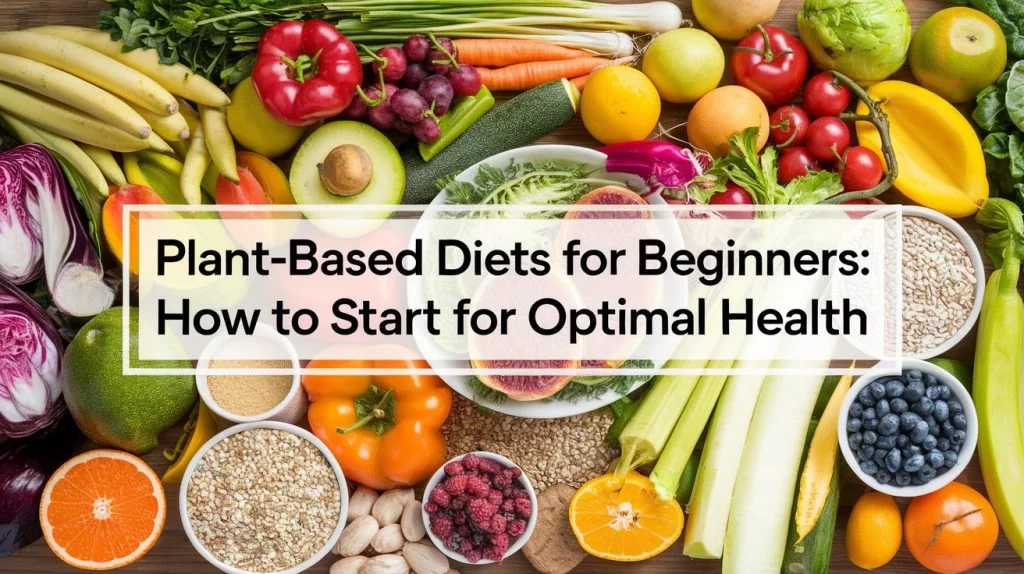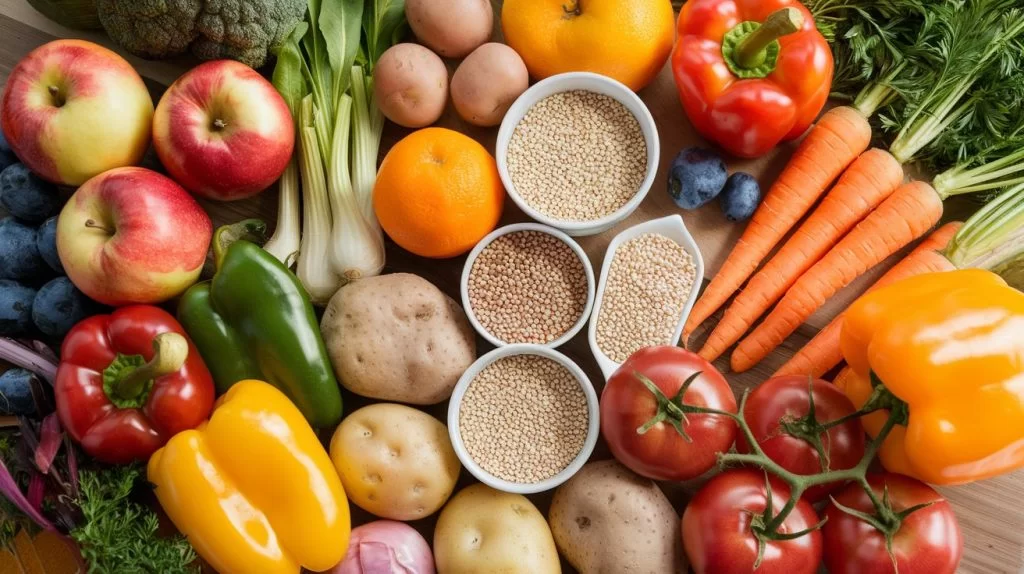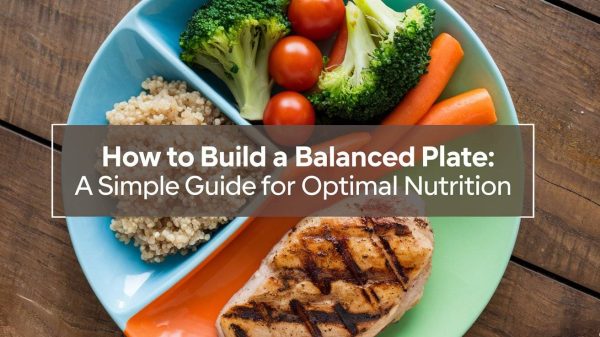Your Complete Guide to Transitioning Successfully

Switching to a plant-based diet is one of the most powerful choices you can make for your health, the planet, and animal welfare. As a nutrition coach, I’ve guided many people through this journey — and trust me, it’s easier than you think when done the right way.
This guide will help you understand plant-based nutrition basics, easy transition steps, meal planning tips, and how to overcome common challenges — all backed by modern nutrition science.
Understanding Plant-Based Nutrition Fundamentals
A whole food plant-based diet is built around minimally processed foods like fruits, vegetables, legumes, whole grains, nuts, and seeds. These foods are naturally rich in fiber, antioxidants, vitamins, and minerals, and low in unhealthy fats.
Studies show that plant-based diets reduce the risk of chronic diseases such as heart disease, type 2 diabetes, and certain cancers.
However, not all plant foods are equal — refined grains, sugary snacks, or processed vegan meats don’t offer the same benefits. Focus on whole, natural foods for the best results.
Also read about: Does Poop Smell better on Plant Based diet?
Essential Nutrients to Monitor
Even though a plant-based diet can meet all your nutritional needs, there are a few key nutrients to pay attention to:
Protein
Plant-based protein sources include lentils, chickpeas, tofu, tempeh, quinoa, and black beans. Combining different sources throughout the day ensures you get all essential amino acids.
Iron
Iron-rich plant foods include spinach, lentils, pumpkin seeds, and fortified cereals. Boost absorption by eating them with vitamin C-rich foods like oranges or bell peppers.
Calcium
Choose fortified plant milks, tofu made with calcium sulfate, kale, and almonds to keep bones strong.
Vitamin B12
Since B12 isn’t found naturally in plants, include fortified foods or a daily supplement.
Omega-3 Fatty Acids
Get your healthy fats from flaxseeds, chia seeds, and walnuts. For extra support, consider algae-based DHA supplements.
Zinc
Found in legumes, nuts, and whole grains — soaking or sprouting improves absorption.
Practical Steps to Begin Your Transition
You don’t have to go 100% plant-based overnight. A gradual approach works best:
Start with familiar meals — like bean chili, vegetable stir-fries, or pasta with marinara sauce.
Try “Meatless Mondays” — dedicate one day per week to plant-based eating.
Learn simple protein swaps:
- Use lentils instead of ground beef
- Replace chicken with chickpeas
- Add tofu or tempeh in stir-fries
- Make black bean or mushroom burgers
Stock your pantry with essentials: beans, grains, nuts, seeds, herbs, and nutritional yeast.
Explore dairy alternatives — almond, soy, or oat milk; cashew sauces; hummus; or avocado spreads.
Sample Meal Plan for Beginners
Breakfast: Overnight oats with chia seeds, almond milk, berries, and almond butter.
Snack: Hummus with carrot sticks and a handful of walnuts.
Lunch: Buddha bowl with quinoa, sweet potatoes, broccoli, avocado, and tahini dressing.
Snack: Apple slices with peanut butter.
Dinner: Lentil curry with spinach and brown rice.
Dessert: Dark chocolate with strawberries.
👉 This plan provides balanced nutrition with fiber, healthy fats, and plant-based proteins.
Overcoming Common Challenges
Dining Out
- Check menus in advance
- Ask for modifications
- Explore ethnic cuisines (Indian, Thai, Mediterranean)
Social Events
- Bring your own plant-based dish
- Eat before going out
- Focus on company, not just food
Time Constraints
- Batch-cook grains and beans
- Keep frozen veggies handy
- Prepare quick bowls or stir-fries
Cravings
- Recreate your favorites with plant-based versions
- Ensure you’re eating enough calories and protein
- Allow yourself small treats
Long-Term Success Strategies
- Focus on addition, not restriction. Add more colorful plant foods to your plate.
- Build support. Connect with others who eat plant-based.
- Keep learning. Stay updated with new nutrition research.
- Be flexible. Progress, not perfection.
- Monitor your health. Get regular checkups or nutrition tests.
Delicious Plant-Based Recipes
- Easy Chickpea Salad Sandwich
Mash chickpeas with vegan mayo, mustard, diced celery, and spices. Serve on whole grain bread with lettuce and tomato.
- Vegetable Stir-Fry with Tofu
Cook mixed veggies with tofu in sesame oil, soy sauce, and ginger. Serve over brown rice.
- Lentil & Sweet Potato Curry
Simmer lentils and sweet potatoes in coconut milk with curry spices. Serve with quinoa.
The Environmental and Ethical Benefits
Plant-based diets are sustainable, eco-friendly, and cruelty-free. They reduce greenhouse gas emissions, save water, and protect animal life. Choosing plants is a step toward a healthier planet.
When to Seek Professional Guidance
Consult a nutritionist if:
- You have specific health conditions
- You’re pregnant, breastfeeding, or an athlete
- You feel fatigued or unsure about nutrients
Professional guidance ensures your plant-based plan meets your unique needs.
Continuing Your Journey
Transitioning to a plant-based diet is not a race — it’s a lifestyle shift. Start small, stay consistent, and celebrate every healthy meal you create.
Every bite of plant-based food is a step toward better health, energy, and longevity.








